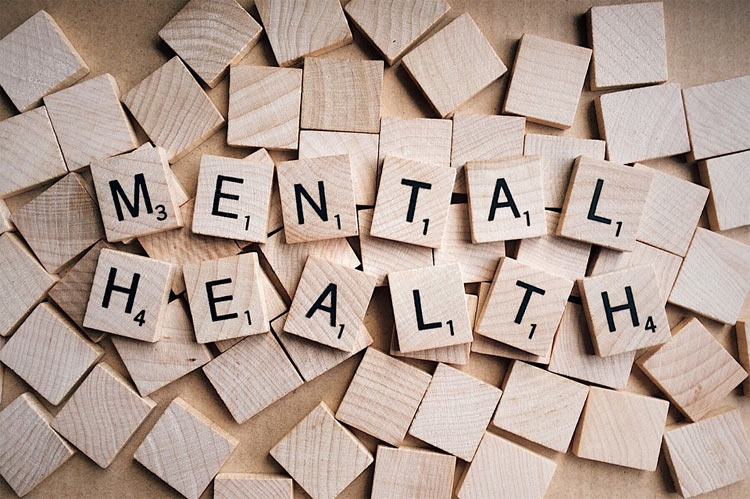Mental illness: a taboo in our society
Mental illness is nothing to be ashamed of, but stigma and prejudice shame us all
post by MARROF FATIMA on Monday, October 17, 2022
Our society has vilified “mental illness” as a deviant, unrepresentative, or abnormal term. Almost everywhere, particularly in Asia, it is treated as unusual and unacceptable. There is a lot of stigma around people who suffer from any type of mental health problem. When we think or are told about mental disorders, some of the labels or terms that first come to mind are; sick, crazy, possessed, etc. According to the psychological perspective, mental illnesses are health conditions that involve changes in emotion, thought, and behavior (or a combination of these). Mental illnesses are associated with distress that results in creating problems in our daily social and personal activities. Mental illnesses can affect anyone regardless of age, gender, geography, income, social status, race, religion, ethnicity, or any other aspect of cultural identity. They can take many forms, some of which are mild and only interfere in a limited way with our daily lives, such as certain phobias, while others are so severe that a person may need care in a hospital.
We have often heard that “a healthy mind is an inherent part of a healthy body”. However, when it comes to an experiential level, most of us do not understand the very importance of this phrase. According to the World Health Organization, “Health is a state of complete physical, mental and social well-being and not merely the absence of disease and infirmity.” The importance of mental health to total wellness cannot be overstated. When psychological well-being is affected, it can cause negative behaviors that can affect our self-image, relationships, productivity, quality of life, and our ability to cope with life stressors. Poor mental health can lead to loneliness, drug use, or even thoughts of death or suicide. That said, it becomes essential to take care of the mind as much as the body. Unfortunately, a person suffering from any mental illness is not treated as a victim but as a culprit. Society is organized in such a way that a person chooses to suffer in silence rather than seek professional help. The fear of being stereotyped and labeled as outcasts magnifies it. A person continues to suffer to a point beyond which he cannot bear it and resorts to things that have grave implications.
Cultural factors have the ability to affect the individual to unimaginable degrees. These factors are so influential that the person becomes ineffective not because of the disease itself, but because of the poor support they receive from society. And if a person approaches his immediate family, instead of acknowledging the fact and seeking medical care, he consults his ‘baba ji’ who declares him paranormal. We are living in the era, where everything is modernized or digitized. Why do we still lack the common essence or understanding of well-being not only as physical but also as mental? Both individually and collectively, we must try to overcome the existing stigma attached to it and view physical and mental health equally. Kerry Washington, an American actress, says, “I think it’s really important to take the stigma out of mental health. My brain and my heart are very important to me. I don’t know why I wouldn’t seek help to make those things as healthy as my teeth.” Although we cannot change the world overnight, we can do our bit. Let’s encourage people to talk about their ailments, whether physical or mental. Let’s not hear but listen to what people say. Let’s be more kind and understanding with them and let’s make them feel one among us.
(The author is a student at GWC, MA Road, Srinagar)
